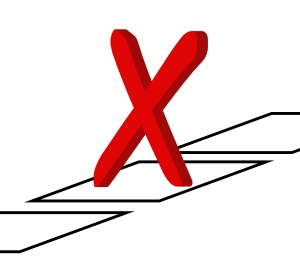Around 2.9 million Libyans will head to the polls on 7 July to elect a General National Congress as part of efforts to create a new political system after the toppling of Muammar Gaddafi.
What is the congress' role?
The upcoming General National Congress (GNC) will replace Libya's National Transitional Council (NTC), the country's interim legislative body that was established days after the beginning of a popular uprising against Col Gaddafi.
Once formed, the congress is due to elect its chairman in its first session. It will have to appoint a new prime minister within 30 days of that session.
The congress will also form a body to draft a constitution and oversee a referendum on the draft.
In addition to organizing the constitutional process, the congress is also tasked with announcing the results of the planned parliamentary election, which is expected to be held at a later date.
Who are the candidates?
Some parties are contesting the election across several constituencies, with most fielding several candidates in each constituency they are contesting. Each candidate, however, appears to only be allowed to run in one constituency.
Even though it is difficult to judge who is likely to do well, party candidates tend to be more influential and recognizable than independents.
One of the most high-profile figures is former Tripoli Military Council chief Abdul Hakim Belhadj, an Islamist who is running as a candidate of the Al-Watan (Homeland) Party in a Tripoli constituency.
Other parties with prominent candidates include the Alliance of National Forces, which is led by former leading NTC figure Mahmoud Jibril, and the National Front Party, which is the political incarnation of the former opposition National Front for the Salvation of Libya.
The Libyan Muslim Brotherhood's Justice and Construction Party is also contesting the election. Although the Brotherhood was banned under Col Gaddafi, it survived as a clandestine movement.
Union for the Homeland is another party whose candidates are running in a number of constituencies. It is led by Abdulrahman al-Suwayhili, who reportedly began his opposition to Col Gaddafi as early as the 1970s.
Who will win?
The absence of party politics under Col Gaddafi and the dramatic change since his downfall mean that it is difficult to predict how Libyans will vote or even what will inform their choice. Many parties were only formed in the months leading up to the elections, and it is sometimes difficult to find much information about candidates' platforms.
Public opinion polls have not yet been carried out in any part of Libya.
However, Libya's political scene currently appears to be dominated by the key leaders in the anti-Gaddafi uprising, such as Mr Belhadj and Mr Jibril, Gaddafi's long-time opponents, as well as Islamists.
(Source: BBC)





